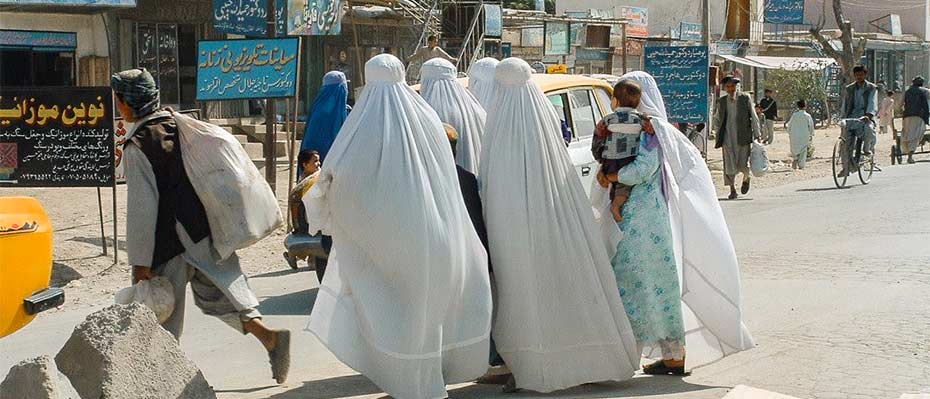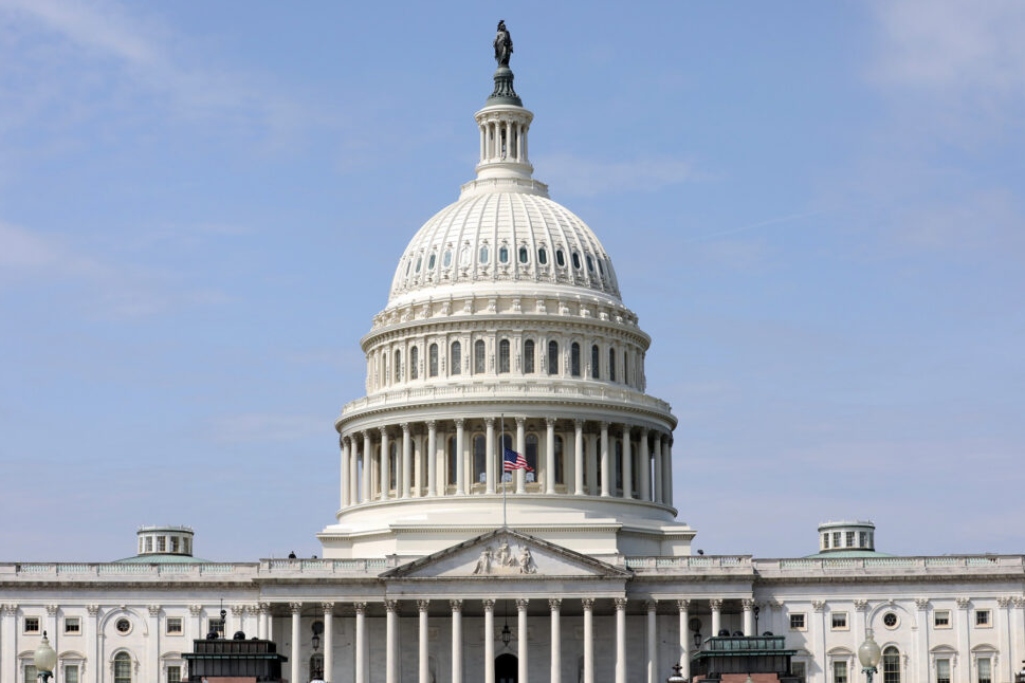
Afghanistan tops the 2022 World Watchlist from OpenDoors. The list reveals the countries with the highest rates of persecution toward Christians.
The Southern Baptist Ethics & Religious Liberty Commission (ERLC) has joined other evangelical Christian organizations on the occasion of the first anniversary of Afghanistan’s fall to the Taliban in calling on Congress to enable Afghans evacuated to the United States to seek permanent residency.
The ERLC and other members of the Evangelical Immigration Table (EIT) asked senators and representatives in an Aug. 10 letter to approve legislation that would permit Afghans living in this country on temporary humanitarian parole to request permanent legal standing. The United States admitted most of those who fled Afghanistan upon the government’s overthrow as parolees rather than refugees, thereby leaving them with “no direct path to pursue permanent residency,” according to the letter.
The Afghan Adjustment Act, which would provide a pathway toward permanent legal status after additional vetting for Afghans admitted under temporary parole, gained introduction in both the Senate and House of Representatives Aug. 9. Senators and representatives from both political parties are original co-sponsors of the Afghan Adjustment Act.
The Taliban regained control of Afghanistan when the capital of Kabul fell Aug. 15, 2021. The Islamic terrorist organization, which ruled the Central Asian country from 1996 to 2001, routed the Afghan military when the United States withdrew its troops after a nearly 20-year mission following the Sept. 11, 2001, terrorist attacks on the United States.
Particularly vulnerable as targets of the militant Islamic organization during and after its takeover were Afghans who assisted the U.S. effort, Christians, other religious minorities and women.
“I cannot imagine the horror of watching as your society collapses all around you and having to flee for safety with loved ones,” said Brent Leatherwood, the ERLC’s acting president, in written comments for Baptist Press. “Yet that is what so many Afghans faced one year ago.
“Unfortunately, the heartache of that nightmare has been compounded because of our national government’s unwillingness to fully embrace them,” he said. “Many of these individuals bravely served American service members in Afghanistan under the premise we would protect them.
“Because these neighbors of ours would no doubt face persecution or worse back home, we should keep that promise by now offering them full refugee status and giving them the opportunity to pursue flourishing lives here in America.”
More than 79,000 Afghan nationals have arrived in this country as part of the effort to resettle vulnerable citizens of Afghanistan, including those who aided the United States during its mission, the departments of Homeland Security and State reported in mid-June.
These Afghans “fled a clearly credible fear of Taliban persecution and thus almost certainly meet the legal definition of a refugee,” but most “have only temporary parole and employment authorization that bears an expiration date, with no direct path to pursue permanent residency,” the EIT letter says.
With “no likelihood” of a safe return to their home “in the foreseeable future,” these Afghans “want to rebuild their lives” in this country, the EIT organizations wrote, adding: “[O]nly permanent legal status can provide” confidence they “fully belong” in the United States.
The EIT organizations also asked Congress to make sure the United States continues to accept Afghans who have experienced or face the threat of persecution by the Taliban.
In addition to the ERLC, the other EIT organizations are the National Association of Evangelicals, World Relief, Bethany Christian Services, Council for Christian Colleges and Universities, Faith and Community Empowerment, National Latino Evangelical Coalition and The Wesleyan Church.
EIT members urged President Biden in a letter two days after the Taliban takeover last August to fulfill a long-standing commitment to protect and resettle this country’s Afghan allies. They asked the administration to make certain Afghans who qualify for Special Immigrant Visas because they served the United States and their immediate families are evacuated to a safe location for processing. The EIT members also requested protection for those likely to be persecuted by the Taliban.
In addition, the ERLC joined more than 30 other organizations and nearly 40 individuals in an October letter urging the Biden administration to create a new Priority 2 refugee status category for Afghan religious minorities to speed up the process while maintaining thorough vetting procedures. EIT members had made a similar request in their August letter.
(EDITOR’S NOTE – Tom Strode is Washington bureau chief for Baptist Press.)


